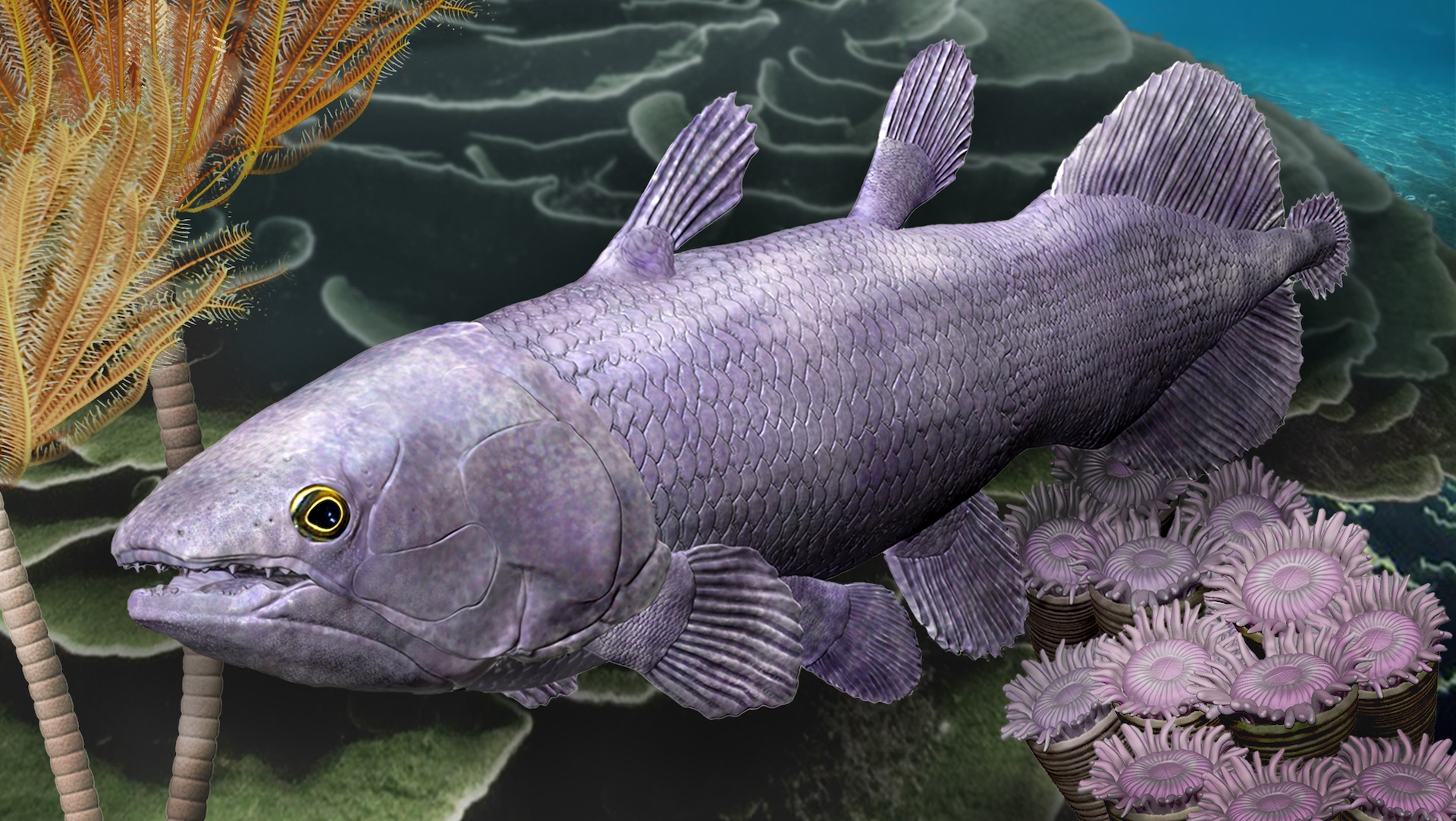Societies, Vol. 13, Pages 139: Reducing Prejudice against Children with Tungiasis: A Qualitative Study from Kenya on How a School Intervention May Raise Awareness and Change Attitudes towards Neglected Diseases
Societies doi: 10.3390/soc13060139
Authors: Åse Walle Mørkve Mai Camilla Munkejord
Tungiasis/jiggers, which is caused by the sand flea, tunga penetrans, is a ferocious but neglected disease that affects millions of people in more than 80 low-income countries. If left untreated, jiggers may not only cause pain and secondary infection, but also lead to disabilities, including difficulties grasping and walking, concentration problems, sleep disturbance, skin issues and, among children, exclusion from school due to stigma and prejudice. This study aims to shed light on how a sensitising school intervention may increase awareness and improve attitudes towards jiggers among non-affected pupils. The intervention included 11 h of teaching, involving 75 pupils. In addition to teaching and observation, a pretest and a posttest were conducted. The thematic analysis of the pretest statements resulted in the following themes: “Those affected by jiggers lack knowledge”, “Those affected by jiggers lack proper hygiene” and “Those affected by jiggers should be isolated from society”. Moreover, thematic analysis of the posttest statements resulted in the following themes: “Increased knowledge: ‘Now, I can even educate people about jiggers!’” and “Increased compassion: ‘I feel bad about those people’”. To foster a more inclusive school environment, including for children with disabilities due to jiggers, research on the long-term effects of similar school interventions is recommended.

 1 year ago
36
1 year ago
36


